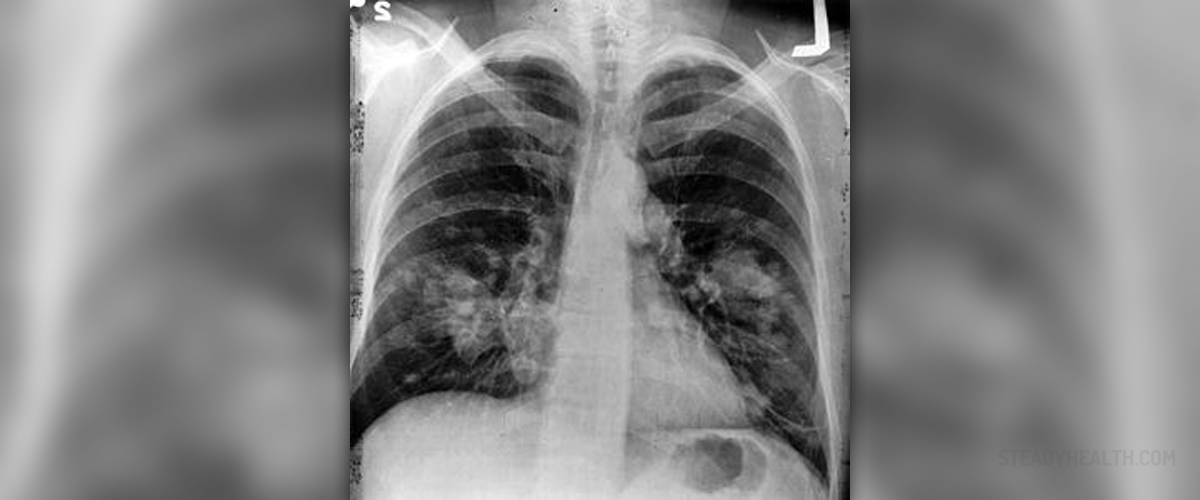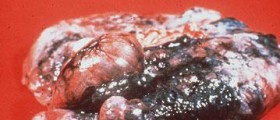
Lung cancer is known to be associated with several factors, such as smoking and secondhand smoking as well as exposure to air pollution, radon or some other substances in the air.
Smoking cigarettes, cigars or pipes is one of the most relevant factors for the development of lung cancer. People exposed to secondhand smoke are also at risk to develop this disease. Sometimes, you may also hear that this risk is known as passive smoking or involuntary smoking.
Environmental factors that may increase the risk for lung cancer include exposure to air pollution, radon, asbestos, nickel, chromium, arsenic, tar and soot. If a person is exposed to these substances at his/her working place, he/she may develop lung cancer. Smokers are exposed to even greater risk if they work in such surrounding.
Certain studies about lung cancer risks included heavy consummation of alcohol to the list of substances associated with increased risk for lung cancer development. People who smoke more than one pack of cigarettes per day and take beta carotene supplements are exposed to greater risk of lung cancer. Those who smoke and drink alcohol every day and use these supplemental pills are exposed to even greater risk to develop this type of cancer.
Prevention Measures
To lower the chance to get cancer you need to avoid risk and increase protective factors. So, you need to avoid smoking (both active and passive), being overweight and physical inactivity, because these factors have been known to contribute to development of various cancers, including lung cancer. You also need to quit smoking, eat healthy and exercise regularly, in order to increase protective factors and potentially prevent lung cancer.
Quit Smoking
Quitting smoking is the best prevention of lung cancer there is. You may not be able to avoid air pollution or exposure to certain chemicals in the air but you can stop smoking and avoid negative health consequences of nicotine and other substances found in smoke. You may need some help to stop smoking for good, so try counseling or nicotine replacement gum, sprays or patches. Some people might need antidepressants to stop smoking. Quitting smoking will definitively decrease the chance to develop lung cancer, but this depend on the length and quantity of smoking and the duration of non-smoking.
Healthy Lifestyle
Living healthy is also known to reduce the chances to develop lung cancer. So, try to eat healthy and incorporate plenty of fruits and vegetables in your menu. Exercise regularly and you will be additionally protected against different disease and cancers.
- healthfinder.gov/api/Outlink/Search/http/www.cancer.gov/types/lung/patient/lung-prevention-pdq?_hash_=%23section%2F_12&_label_=http%3A%2F%2Fwww.cancer.gov%2Ftypes%2Flung%2Fpatient%2Flung-prevention-pdq%23section%2F_12
- www.cdc.gov/cancer/lung/basic_info/prevention.htm
- commons.wikimedia.org/wiki/File:LungCancer-Xray-01.jpg



_f_280x120.jpg)













Your thoughts on this
Loading...